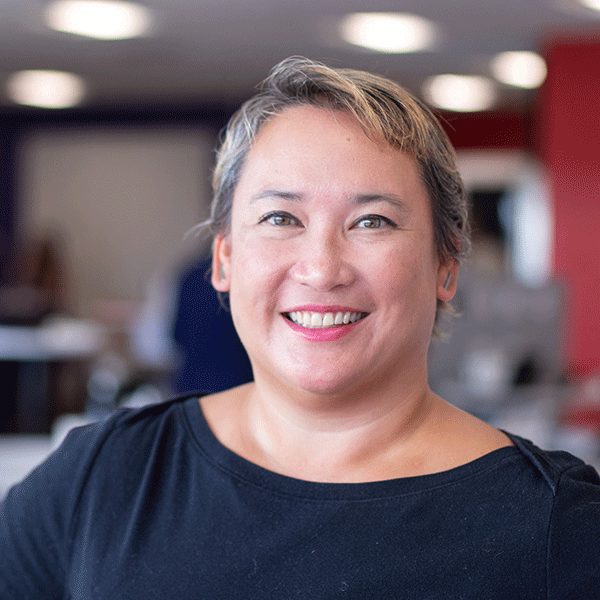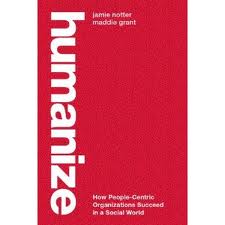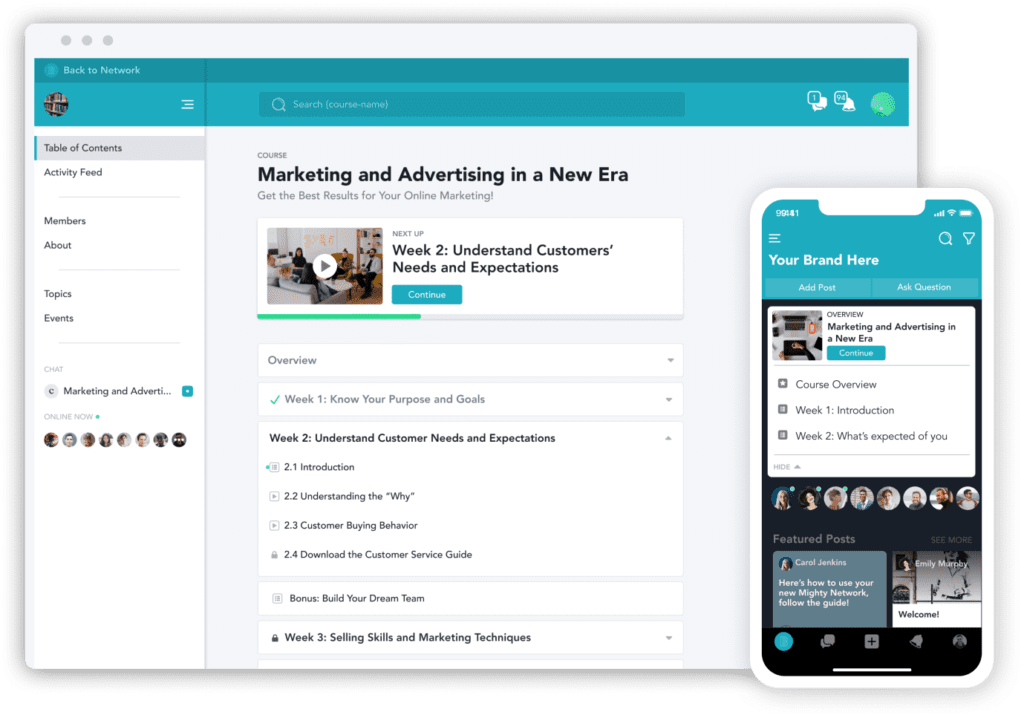
Interested in launching a dynamic social learning experience for your audience?
Want to make the leap from social media not just as a tool for communication, but as a platform for leadership?
Then you will definitely want to tune into this episode of Learning Revolution with Maddie Grant. In it we discuss the new Private Community Management Certificate Program launched by Maddie’s firm SocialFish and dig into social as an approach to both learning and leading.
We also talk about how Maddie made the leap from being an association employee with a blog on the side to being a successful social media entrepreneur, teacher, and leader.
Get those earphones in a comfortable position, turn up the volume, and listen in!
(And don’t forget to share this episode with your tweeps.)
Listen to the Podcast
Listen in below or subscribe on iTunes or Stitcher Radio.
Podcast: Play in new window | Download | iTunes
Get the Show Notes
01:58 – Introduction of Maddie Grant, Chief Social Strategist of SocialFish and co-author, along with Jamie Notter, of Humanize: How People-Centric Organizations Succeed in a Social World.
02:33 – Brief overview of SocialFish, which Maddie co-founded with Lindy Dryer. (Note: SocialFish was later acquired and absorbed into ICF.) SocialFish helps organizations build long term capacity for social media management and governance.
04:15 – Maddie talks about making the leap from Diary of a Reluctant Blogger and building her current business along with Lindy.
06:10 – How important has social media been in building SocialFish’s business? Maddie says it was crucial that both she and Lindy were early adopters. You have to have to “early adopter curiosity.” These days, she’s the one who focuses more on using and being present on social media – she manages 30 writers for the SocialFish blog! – while Lindy does a lot of the deeper client work.
08:25 – Discussion of connection between teaching, leading, and learning.
09:55 – Maddie points to the discussion of learning as a skill in Humanize. Learning has to be encouraged in ways that are different from how it has traditionally been approached. You have to embed collaborative learning in the way an organization is managed.
10:50 – Importance of experimentation – the focus of an entire chapter in Humanize. You have to be willing to “work out loud.” There is innate experimentation in doing social media. There are no “best practices,” no set in stone rules, even though there may be better and worse ways to do it.
11:50 – Instead of being closed and linear, learning now has to be something that we do all the time.
12:00 – How does this apply to trade and professional associations, training firms, or anyone serving a market for lifelong learning? How does it impact learning and leading?
12:45 – Social learning is a conversation. It’s not just about broadcasting. You have to be open to listening. It’s not just about being the authority, but about curating, giving space for the voices of other people. It’s more and more about peer-to-peer discussion. There are so many more avenues for opening up conversations and learning channels.
14:10 – Specific discussion of Webinars . We have to move beyond the standard model of a subject matter expert presenting for 45 minutes followed by Q&A. Use Twitter chat as a back channel. Engage people throughout with polls, etc. (See also How to Deliver Great Webinars with Wayne Turmel.)
15:01 – Discussion of Socialfish’s educational efforts, including the recently launched Private Community Management Certificate Program.
15:40 – Maddie discusses details of the 8-week program. It guides participants in deciding on the purpose of the community, options for moderating, how to track metrics, measuring success. Designed to be peer-to-peer. Two discussion leaders each week who are association community managers. The whole program is hosted inside a Google Plus community. Use of short videos in a model similar to Khan Academy. (Listen in for more details!)
17:58 – Any tips, lessons learned for putting together this type of learning experience? Maddie says key tip one is that someone definitely has to manage it. Also, you can only wing it to a certain extent. Experimentation is great, but there has to be a certain amount of structure for it to work well. There needs to be a place where all of the resources are collected, needs to be a regular schedule, etc – “buckets of structure.” (I have a conversation along similar lines with Dave Will in Lifetime CLEs for $799! Commodity vs. Community with Dave Will.)
21:24 – One additional lesson: some people are distracted by using multiple learning tools at once , e.g., chat and audio at the same time. You have to make it clear that people should do what works best for them. An archive for chat can be posted afterwards, for example. Not everyone is “a social media person who is used to having 57 windows open.” The ultimate goal is the learning.
22:30 – You can find Maddie on Twitter at @maddiegrant. Be sure also to check out Maddie and Jamie Notter’s book, Humanize: How People-Centric Organizations Succeed in a Social World.
See also:
You can browse past Learning Revolution episode here. As always, if you like the Learning Revolution podcast, I’d be sincerely grateful if you would do a rating and/or brief review on iTunes. (Once you reach the iTunes Web page, click “View in iTunes” and then select the “Ratings and Reviews” tab.)
Podcast: Play in new window | Download | iTunes
The theme music for Learning Revolution is The Information Age by Anthony Fiumano, available on the Podsafe Music Network.



